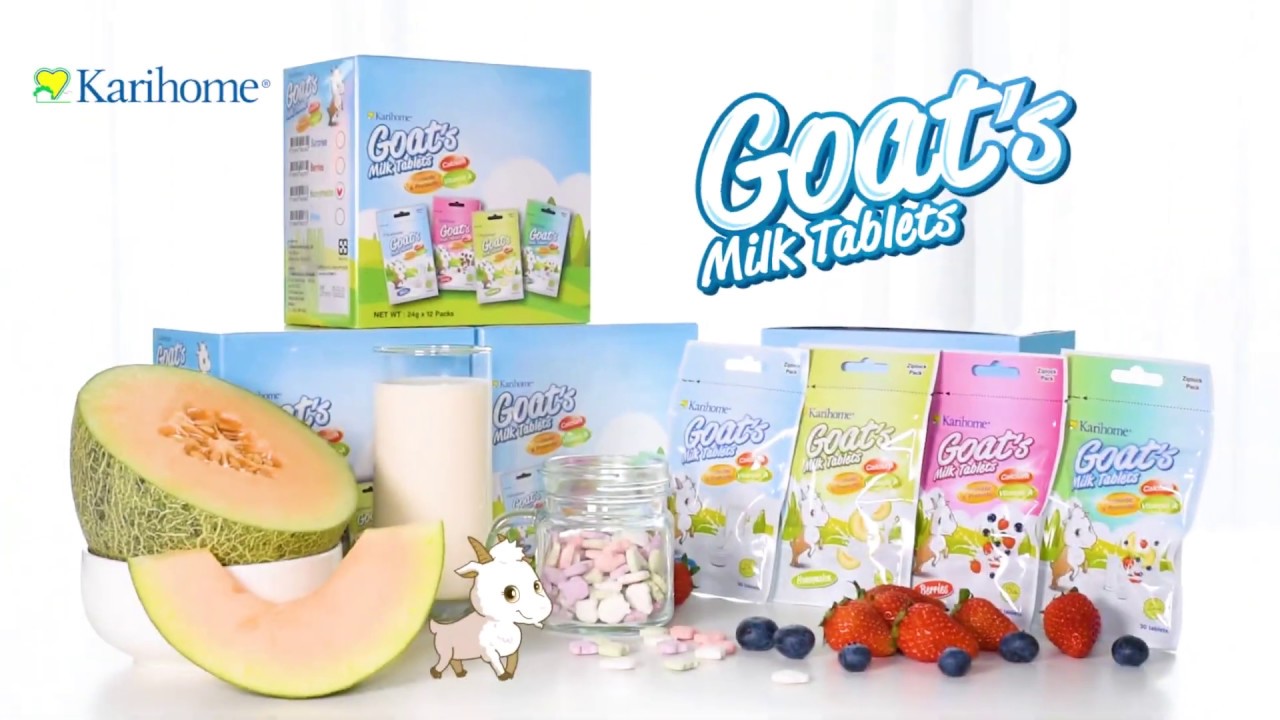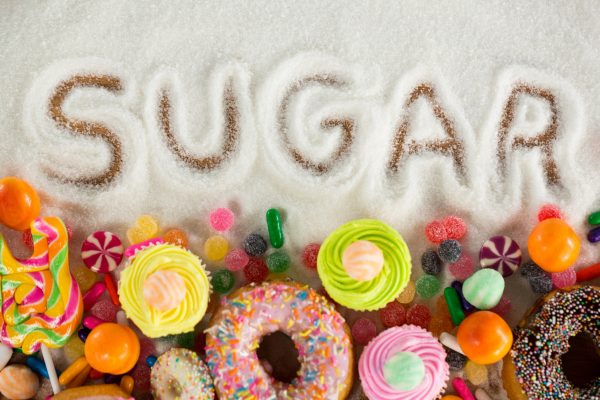
What causes Cavities?
Cavities occur when a buildup of dental plaque eats at tooth enamel and causes a hole. Plaque is a sticky substance that covers teeth. It is formed when bacteria in the mouth combines with food, acid, and saliva. Plaque can be easily prevented by thoroughly brushing your teeth, cavities often develop on children who doesn’t brush their teeth properly. If your child is unable to brush their teeth unsupervised, it is important that an adult brushes for a child, or supervise their brushing, until they’re old enough to do a thorough job.
Start Them Young

A good oral care routine can go a long way to prevent cavities for children. Parents should start dental care for their babies as early as the first tooth. For most babies, teeth begin to appear between 6 and 10 months. In some children, teeth appear as early as three months. In others, they don’t arrive until around 12 months. Children get teeth at different times. A very small number of children are born with 1-2 teeth. As soon as the first tooth appears, clean teeth using a soft infant toothbrush designed for children under two years. If your baby doesn’t like the toothbrush in their mouth, you can keep using a clean, damp face washer or gauze to wipe the front and back of each tooth. For children below 18 months old, plain water will suffice as cleaning agent. At 18 months, you can start using a pea-sized amount of low-fluoride toothpaste, unless a dentist recommends a higher fluoride strength.
Baby Bottle Tooth Decay
Babies aged 0-6 months need only breastmilk or formula, aside from direct latching, it is important to remember to not give your baby the bottle during naptime. When liquid that contains sugar (such as breast milk and formula) is given at nap time or bedtime, the sugar clings on the teeth which will cause bacteria to form plague, the decrease in saliva flow during naptime also worsen the plague forming.
How to Prevent Tooth Decay

- Clean your baby’s teeth with special toothbrush after each feeding.
- Avoid giving your baby milk during naptime and try to prevent your baby from sleeping during nursing.
- Avoid giving your baby solid foods high in sugar too often such as potato and yam.
- Don’t use bottle as a pacifier. Sucking is normal for babies, only give your baby sterilized pacifier.
Oral Care For Toddlers
Toddler teeth need cleaning twice a day – in the morning and before bed.
It’s important to choose the right toothbrush – one designed especially for children aged 2-5 years. These toothbrushes have small oval heads, soft bristles of different heights and non-slip, cushioned handles. They also often have cartoons and fun designs on the handle, which your child might like.
Fluoride in toothpaste protects your child’s teeth from tooth decay by strengthening it. However, children can get fluorosis on permanent teeth from swallowing too much fluoride toothpaste. Fluorosis results in a change in color or texture of the teeth. To prevent fluorosis, ensure that an appropriate amount of toothpaste according to your child’s age is dispensed and that your child does not swallow the toothpaste.
Nutrition for Healthy Teeth in Children

Nutrition for healthy teeth in children includes consuming a well-balanced, nutritional diet that limits foods more likely to cause cavities (those high in sugars, carbohydrates, and starches) and is high in antioxidants and other nutrients. What your child eats has a direct effect on dental health and plays a vital role in preventive dentistry. Combined with daily brushing and flossing, nutritious eating habits not only promote overall health, but protect your child’s teeth and gums from damaging decay and periodontal disease, resulting in a strong, healthy smile.
Eat Foods That Can Strengthen Healthy Teeth
Certain foods can improve the condition and strength of your toddler’s teeth, parents are encouraged to provide these foods to their child and limit foods that contribute to plague building.
- Raw fruits and vegetables
Crunchy fruits and vegetables (such as celery, carrots, and apples) help stimulate the gums and clean the teeth by removing bacteria during the chewing process. They also promote saliva production which washes away food particles and bacteria that adhere to the teeth.
- Cucumbers, melon celery
Vegetables that are high in water and fibre content which can wash away and prevent sugar buildup in teeth.
- Calcium rich food
Calcium is the key mineral for bone integrity which serve as the foundation of strong teeth. Foods rich in calcium are: milk, yogurts, broccoli and spinach.
Foods to limit include:
- Sweetened beverages such as coca cola, sweetened juices and soda. These drinks are often high in sugar which promotes plague buildup.
- Candies and chocolate. Snacks high in sugar especially the chewy and sticky ones are prone to latch to the side of your teeth and are often hard to clean. Refrain from giving your child sweets unless necessary.
Karihome Goat’s Milk Tablet
As parents we should still give occasional treats to our kids, but choosing the right treats is important. Karihome goat’s milk tablet is goat’s milk healthy candy that is made using pure goat’s milk with added nutrients. It contains vitamin A and probiotics and prebiotics which is good for children. Karihome goat’s milk tablet is free of sucrose and high-corn fructose syrup which is a common, unhealthy sugar in soda and candies. What’s more is that goat milk is naturally rich in
Karihome goat’s milk tablet is available in 4 unique flavor combination:
- White: Original and yogurt flavor
- Berries: Strawberry and blueberry flavor
- Honeymelon: Honeymelon flavor
- Surprise: All flavors above
Each pack contains 30 pieces and the price of each pack is RM9. Get Karihome goat’s milk tablets now here!







